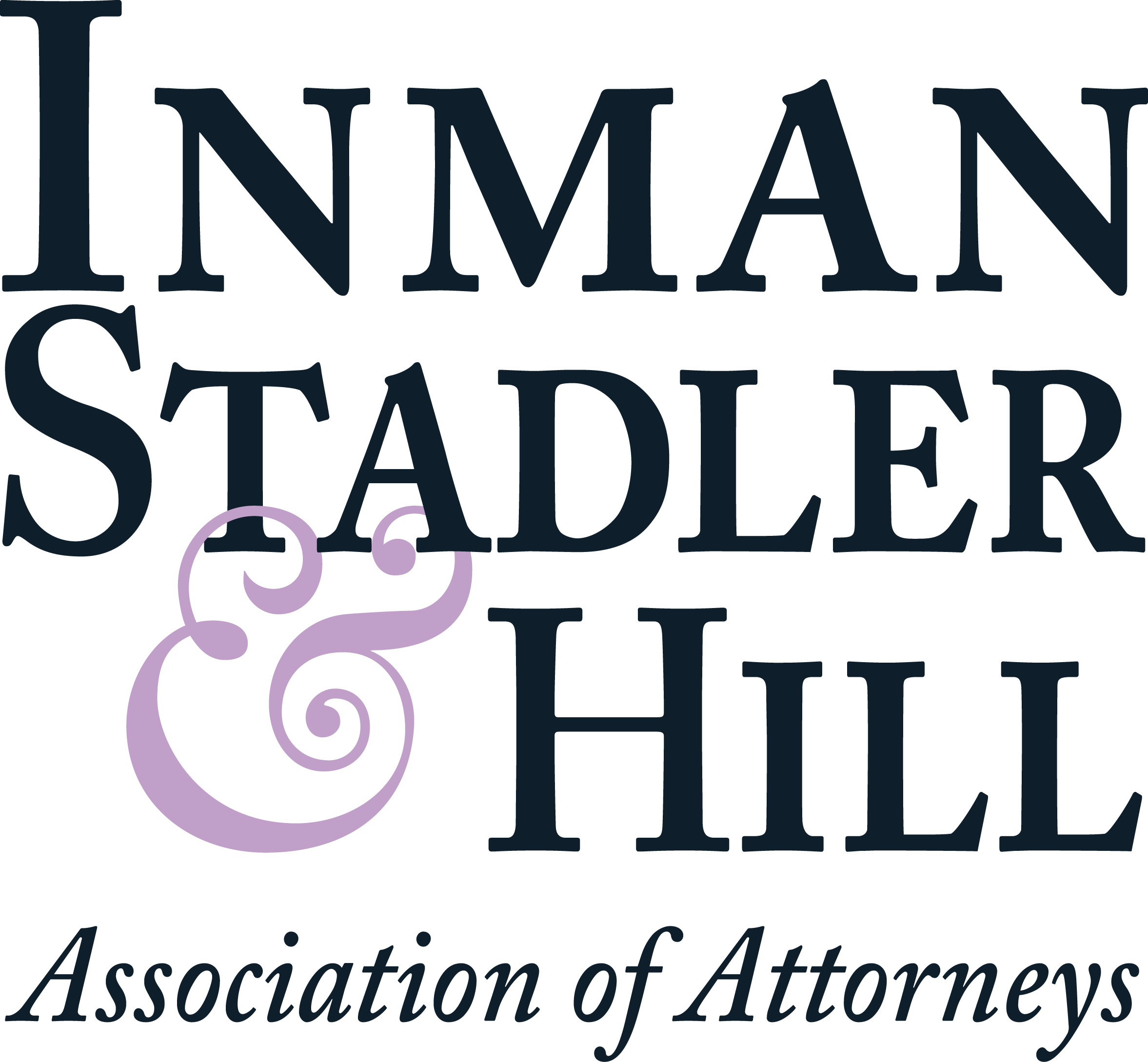If you are accused of a crime, your “journey” through the criminal court system will begin in General Sessions Court. Most matters are resolved in General Sessions Court without going to the Grand Jury or Criminal Court.
Recently, I had a case in General Sessions in which I was speaking with my client about the State’s “offer” to resolve the matter. My client seemed to think that it would have been in his/her best interest to simply plead guilty and put it in the past. After some discussion, which included a rehashing of our office meeting, I finally looked at my client and asked “So, you want to do this because you believe and know are *in fact* guilty?” When my client answered, “Well, no… I just don’t want to deal with it…” I responded, “And that’s why I cannot just let you plead guilty.” We ended up having a Preliminary Hearing.
I advised my client, as I advise all my clients, “Be prepared! We will not get a dismissal at this stage of the proceedings.” A General Sessions Preliminary Hearing is the State’s first opportunity to get a criminal charge in to the court system. The judge is asked by the State to make a probable cause determination concerning the allegations against the defendant. Put another way, the judge determines, “Is it possible that the crime could have happened and is it possible the defendant did it?” This is a very low threshold for the State to prove, because it is before the right to “beyond a reasonable doubt” is affixed to the proceeding. This does not sound very good for the accused because “anything is possible,” right? Do not assume that “losing” a preliminary hearing is the end of your case.
The State must put on its witness for a preliminary hearing. Once that person is on the stand, your attorney has the opportunity to cross examine the witness and everything the witness says becomes part of the record. In a situation in which you were falsely or incorrectly accused of a crime, you will want to exercise this right; do not enter a plea simply because you want the matter behind you. Some examples of results I obtained after a preliminary hearing include:
A. My client was charged with DUI 2nd Offense, which requires a minimum of 45 days in jail if convicted. The grand jury rendered a no true bill after the preliminary hearing.
B. My client was charged with Robbery, which is a C Felony (punishment range 3-15 years in prison) and D Felony theft (punishment range 2-12 years in prison). The prosecutor asked the grand jury to issue a no true bill.
C. My client was accused of Robbery. After the preliminary hearing, my client plead to misdemeanor theft and received an 11-month and 29-day probationary sentence.
Only one time have I argued for and received a dismissal from a General Sessions Court
judge after a preliminary hearing. In that case, the state’s witness testified that she engaged in an argument on Facebook with the defendants before claiming that someone must have hacked her account and made the threats under her name at the same time she was arguing with them.
A preliminary hearing is as important as any other event in your case. Do not relinquish this right without the advice of an experienced attorney.
Written by: J. Christian Stadler, III

